Residential Treatment for Teens
Our teen residential program provides a safe, home-like environment where teenagers can recover effectively from addiction and mental health issues.
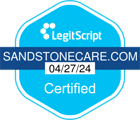
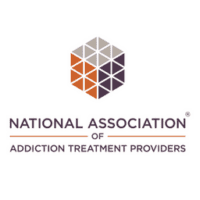

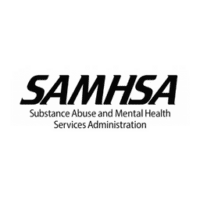
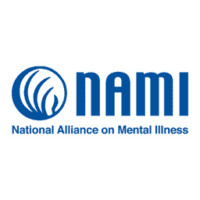
Our residential treatment centers for teens are designed specifically for those struggling with substance use and co-occurring mental health disorders like anxiety, depression, and trauma.
Residential programming is designed to build your teen up and help them come to terms with the things they’re dealing with through therapy, medication management, and support from caring staff.
After completing the 45-60 day program, our aftercare team will ensure your child keeps their momentum by connecting them with the best next step.
We have felt included and supported and are so grateful for the care they’ve provided to our son at such a vulnerable and scary time.
It can be difficult to know the difference between your child experiencing the natural stress of growing up, and when your family needs some more support. Some signs that your teen may benefit from residential treatment include:
If you or your child have noticed these signs, then it is time to consider treatment. Remember, you are not failing them as a parent by getting your teen the help that they need.
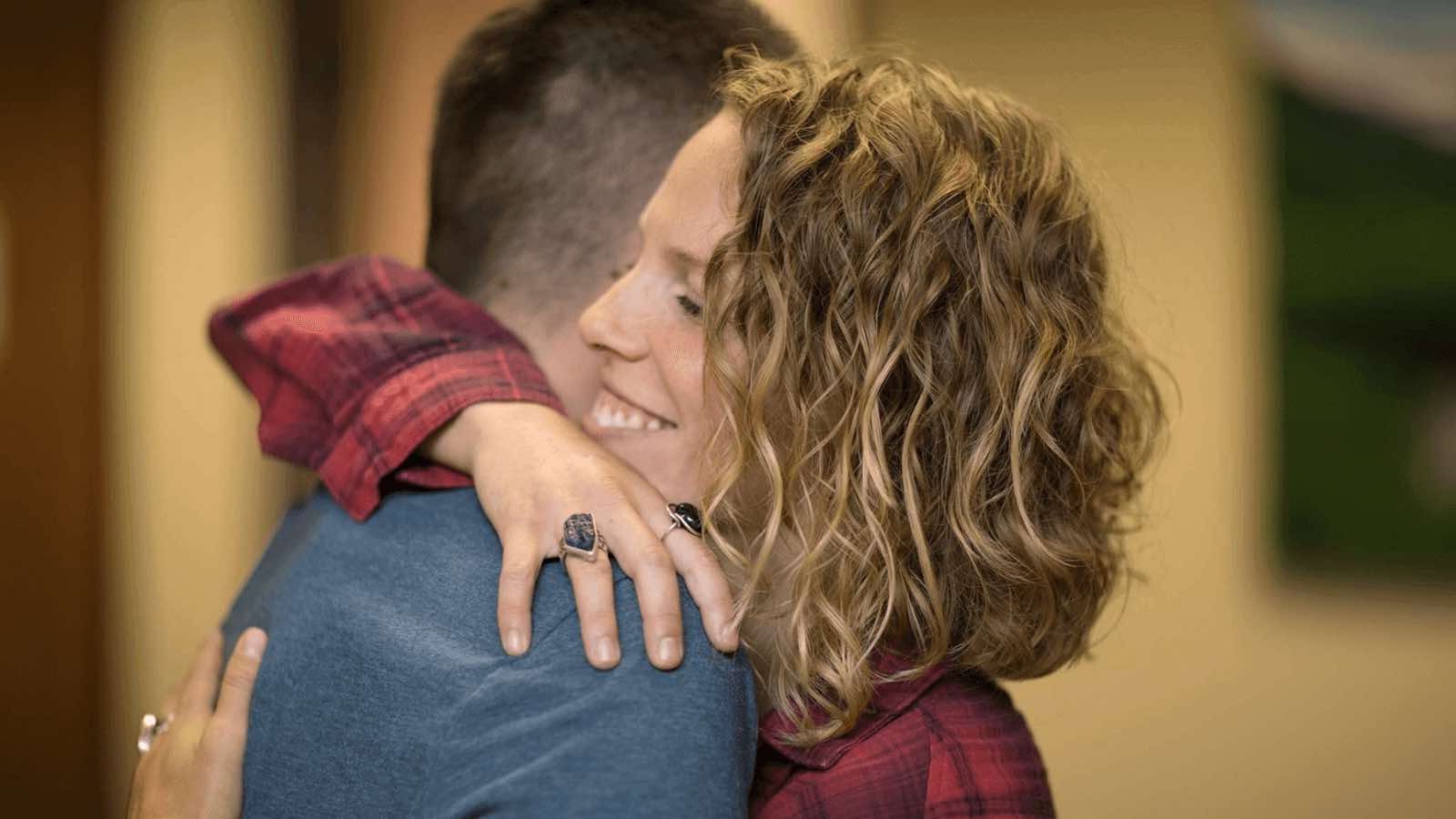
Sandstone Care aims to drive positive lasting change in real people. We understand that your teenager has their own personal experiences, so we offer a more individualized experience than you would find anywhere else.
Addiction and mental health issues impact teens differently than any other age group. That’s why we tailor our treatments to be specific to the needs of developing minds.
The professionals at our teenage treatment centers only use treatment interventions that have been scientifically proven to provide consistent, lasting recovery.
Your teenager is more than a number, which is why we keep our programs small enough for them to get the focused mentoring they need.
Your child is their own unique person, so they will get their own unique treatment plan that is built around their goals and circumstances.
We want your teenager to thrive, which includes not putting their education on hold. Our residential program offers on-site teaching to help your child reach their academic goals.
When someone in your family struggles with substance use, it affects every single member. We provide family therapy and parent support groups to help heal the whole family.
Our admissions team will help you find the right center for your child based on availability, length of stay, academic support needs, travel considerations, and your insurance provider. Explore our residential programs for teenagers below.
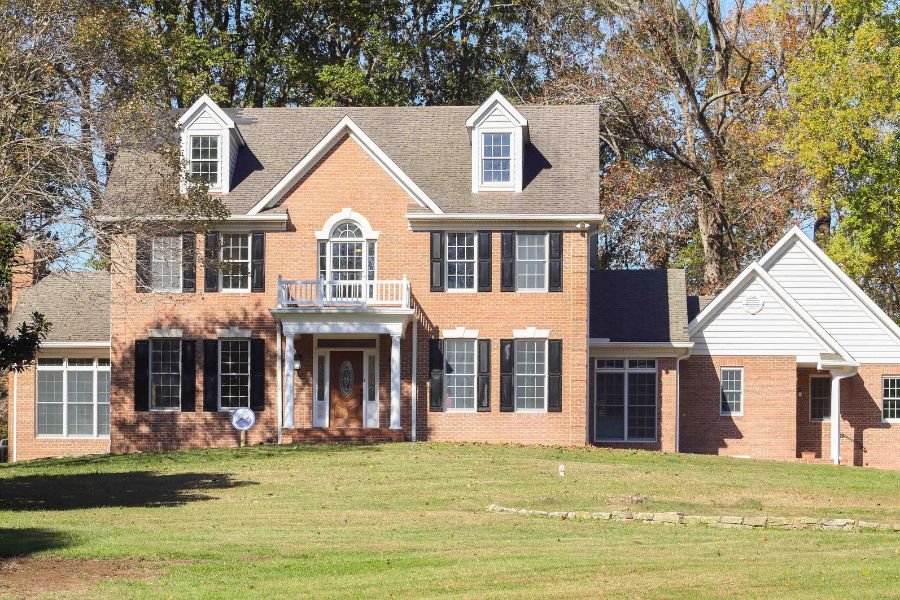
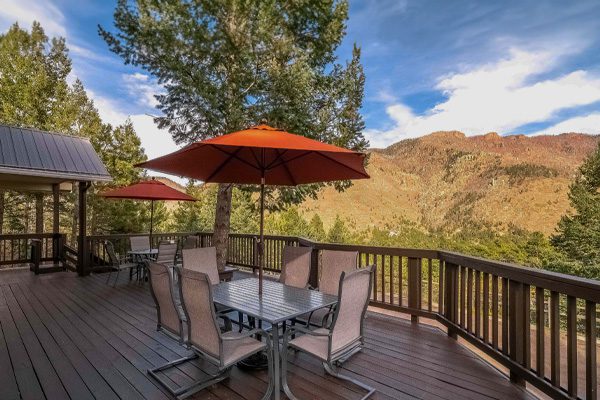
Our treatment is tailored to consider each teen’s unique social, physical, and emotional development, so they can achieve a long-lasting recovery.
Our highly-trained clinical staff is there to help guide your teen, and the rest of your family, through this difficult process.
We provide an intimate clinical environment with small group sizes and a max number of 22 patients.
One of our residential homes is nestled peacefully in Pikes Peak Mountain in Colorado, and the other spans across six acres of wooded properties in central Maryland.
Teens typically stay 45-60 days and develop customized aftercare plans with their therapist to enter other programs or smoothly transition back to home life.
Family involvement is difficult and sometimes painful work, but we believe it is crucial for treatment to be effective. Family therapy is foundational to our program.
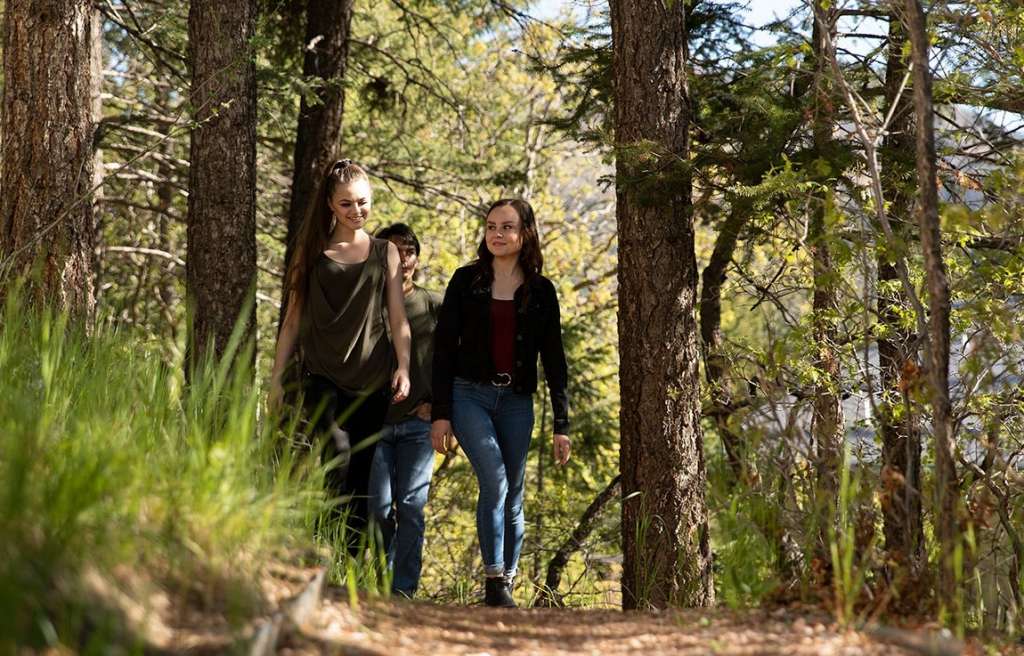
Substance use and mental health conditions often form a self-perpetuating cycle where teens use substances to cope with emotional issues, which worsens co-occurring conditions (such as depression or trauma) over time.
In our teen residential program, we work on helping teens to uncover the root cause of their addiction, and then empower them to disrupt the cycle they are trapped in.
We specialize in helping teens navigate their use of:
Teenagers grappling with mental health challenges and substance use often struggle to communicate what they are experiencing verbally, which can make traditional talk-therapy difficult for them.
That’s why our therapy is not the sofa-based, teeth-pulling kind. We use experiential therapy, which means we use dynamic activities to help your teenager find new ways to process their emotions and express themselves.
Whether your teen resonates with exploring the outdoors, expressing themselves through art or music, or finding connection through equine therapy, our empathetic staff will help them find personalized healing that feels effective for them.
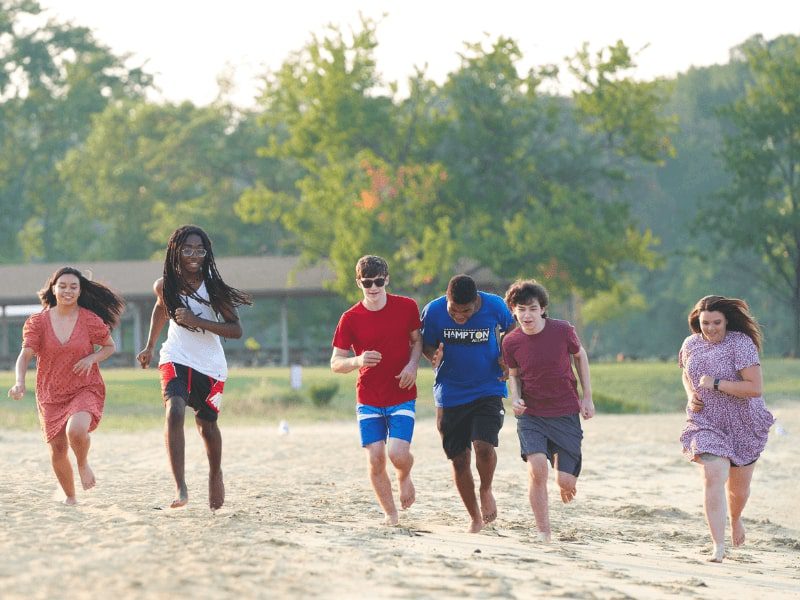
Our program is centered around our four-week group process topics that help teens understand they have the resources they need to heal themselves.
During the “looking inward” weeks, your teen will focus on self-discovery. The groups will cover topics like labels, core values, beliefs, how they identify themselves, how others define them, and other topics revolving around who they are as people.
The main focus during weeks three and four is relationships. Your teen will take a closer look at the importance of boundaries, types of communication, identifying support systems, dating, and familial relationships.
During weeks five and six, your teen will focus on cognitive function and emotional well-being. Topics for these weeks include things like brain development, mindfulness, forgiveness, acceptance, healing from trauma, nutrition, emotional regulation, and self-expression.
The final two weeks are about implementing what they have learned and living life differently. The goal of weeks seven and eight is to support your teen as they transition from being in a residential setting to home. Some of the topics they cover will include “what to do after residential treatment”, making and maintaining good decisions, creating a declaration of self-acceptance, understanding mental health, and understanding addiction.
When you arrive, you will be greeted by our friendly staff and introduced to the program director, therapist, and a member of our healthcare team. We will take some time to talk with you as a family about the program and give you the opportunity to ask any questions you may have.
After meeting as a family, your teen will have a complete initial evaluation with our primary therapist which is a comprehensive bio-psychosocial assessment that reviews mental illness history, family dynamics, medications, behavioral issues, and academic status.
Following completion of the assessment, your teen will then settle into their bedroom, meet their peers, and explore the lodge. In total, the intake and assessment time can take up to two hours to complete.
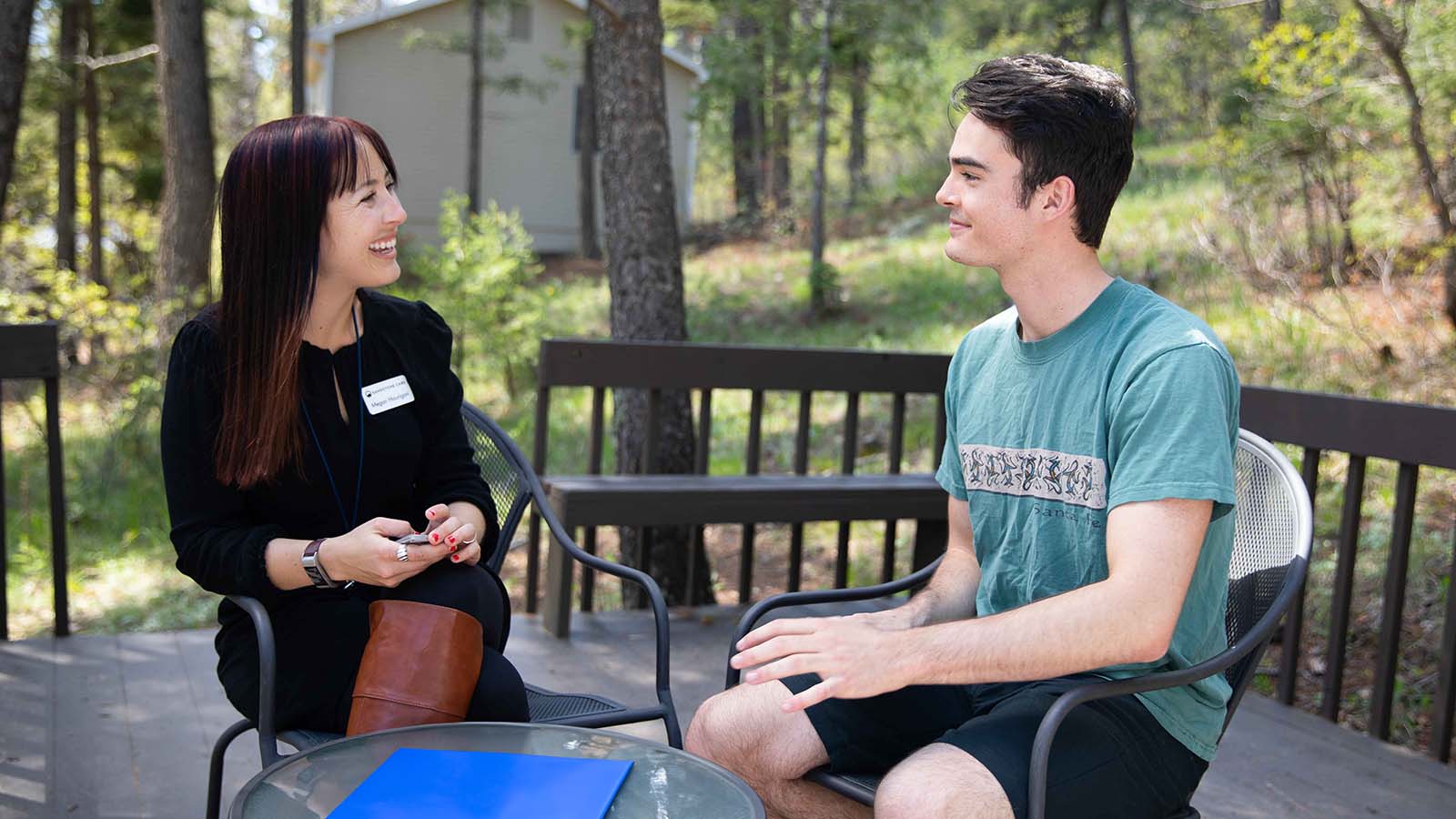

Our scientifically proven and evidence-based treatment process continues to earn national praise and foster relationships with the following:
Every teen we serve is unique and responds differently to different therapies and activities, so we offer a wide range of treatment approaches in individual and group therapy settings.
Our licensed staff members use evidence-based practices equip teens and their families with the tools they need in order to make positive, healthy changes in their lives.
Some of the treatments and therapies we use include:
DBT equips your teen with practical skills to manage emotions and improve relationships.
Engaging with horses can promote emotional growth, confidence, self-awareness, and other crucial life skills for your teen.
The eye movement desensitization and reprocessing method guides your teen through processing traumatic experiences by reducing their emotional impact.
Utilizing music as a tool, your teen can learn to express their emotions healthily.
CBT guides your teen in identifying and changing negative thoughts and behaviors.
This mindfulness-based therapy helps your teen accept thoughts and feelings to build a resilient mindset.
Engaging in outdoor experiences can promote self-reflection, connection, and teamwork for your child.
Through painting, sketching, and other types of art, your teen can explore their emotions while reducing stress.
In our residential treatment program for teens, our team members are more than just clinicians – they’re mentors. Beyond providing expert therapeutic insights, they will actively engage with your child on a personal level.
Each resident is assigned a multidisciplinary team, which includes a psychiatrist, individual therapist, family therapist, nurses, teacher, and recovery counselors to help them succeed.
These mentors play a crucial role in helping your teen to build support systems and learning valuable life lessons. By acting as positive role models, they provide your teenager with accountability, a listening ear, and a compassionate perspective to help them picture what their future could look like after treatment.

The Continuum of Care
Access a full range of treatments for mental health and substance use disorders. Whether you need a safe transitional living community, inpatient care, or outpatient therapy, we have a program to help.
FAQs
Our goal is to provide the most helpful information. Please reach out to us if you have any additional questions. We are here to help in any way we can.
Each individual’s treatment team consists of six experts who specialize in teen trauma, substance use, and teen mental health treatment including our program director, family therapist, primary therapist, psychiatrist, teacher, and medical director (supported by our psychiatric nurse practitioner).
Our residential academic program is scheduled two hours per day, five days a week. The program is led by a certified teacher who works in collaboration with the client’s home school to obtain current classwork to help keep your teen current in his or her schoolwork. In addition to our addiction and mental health services, Sandstone Care has partnered with LearnWell Academy to provide our comprehensive education services to ensure seamless reintegration.
Residential centers are rehabilitation services that are provided outside of a hospital setting and typically offer longer stays within the facility. These live-in centers provide structure, assistance with employment or education, as well as group and individual therapies that focus on addressing underlying psychological or behavioral problems related to substance abuse.
Inpatient rehabilitation often involves a short-term stay within a hospital setting with health professionals and is used in emergency situations to help stabilize their health. Teens in those situations often continue treatment in follow-up outpatient programs at teen treatment centers.
At our residential treatment center, teens are provided with semi-private, comfortable bedrooms with beautiful views in our residential treatment facilities. We balance privacy and safety, to make sure that every teen in treatment can heal in a secure, supportive, and structured environment.
Our sleeping arrangements are designed to facilitate a structured schedule. By following this routine, we help adolescents avoid the challenges associated with being exhausted, which helps them to engage at their best during therapy and activities.
Open communication is crucial, and during family sessions, you’ll have the opportunity to discuss your teen’s sleep schedule and habits. We are committed to working together to ensure the best possible outcomes for your teen’s journey.
When you enroll your teenager in residential treatment, you not only help them recover from substance use and mental health issues, you are giving them the opportunity to get the skills they need to lead a fulfilling life. Some of the benefits that your teen will enjoy from residential treatment include:


We understand taking the first step is difficult. There is no shame or guilt in asking for help or more information. We are here to support you in any way we can.